This Human
A book that takes formalisation in a completely different direction. Trying to take the perspective of empathy and how to think and be in their practice of design.
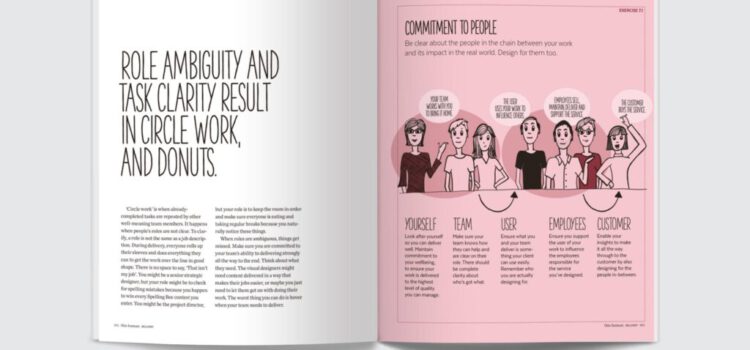
A book that takes formalisation in a completely different direction. Trying to take the perspective of empathy and how to think and be in their practice of design.
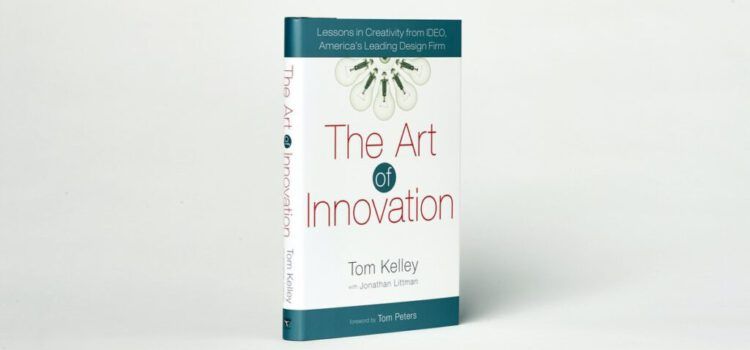
Partner of IDEO, Tom Kelley, tells about their way of working behind the scenes: leading to both big successes and joyful failures.
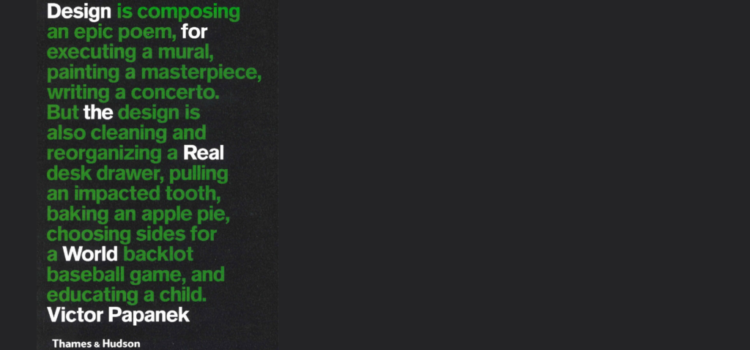
First published in 1971, Victor Papanek’s lively and instructive guide shows how design can reduce pollution, overcrowding, starvation, obsolescence and other modern ills.
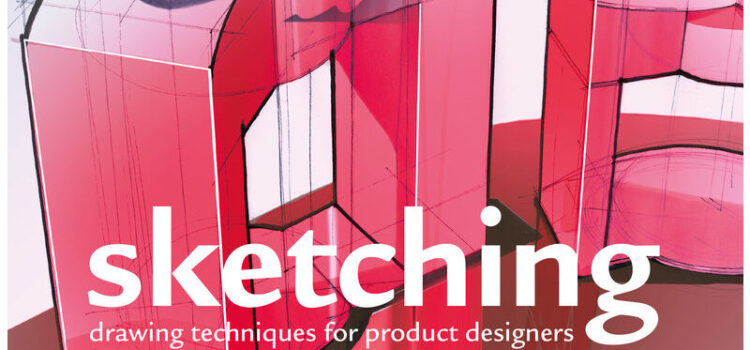
This book by Koos Eissen and Roselien Steur covers essential sketching techniques for product designers. The drawing techniques from this book are taught at this faculty and are also part of a formalisation and visual vocabulary that is very influential in our faculty.

The entire Design for Real World. You can read chapter 1 as enriching material.
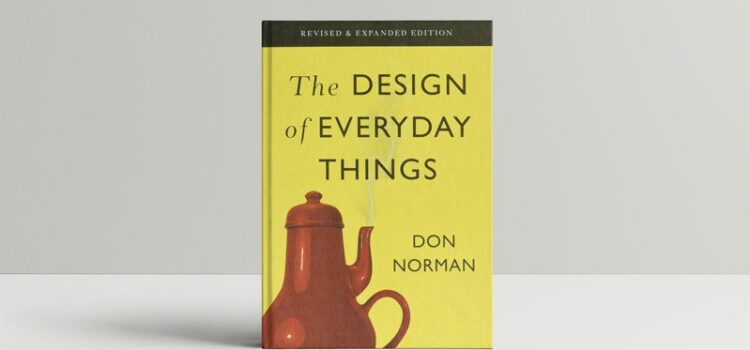
Donald Norman’s design classic – the bible on the cognitive aspects of design, containing examples of both good and bad design and simple rules that designers can use to improve the usability of objects.
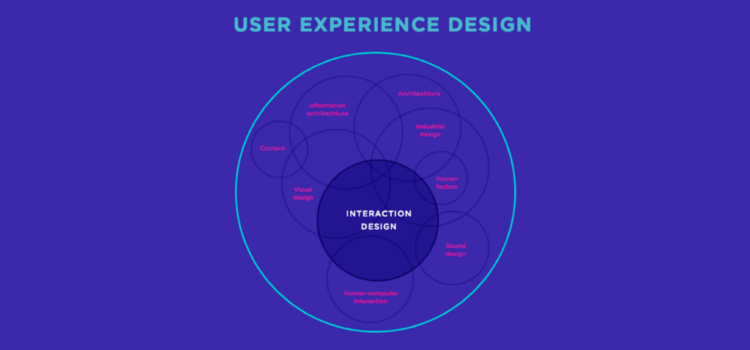
An excerpt from Chapter 1 of Dan Saffer’s Designing for Interaction. It describes the history of interaction design from the perspective of the products that resulted from user-centered design.
Don’t worry about all the details and chronology, read this as a history of interaction design from the perspective of an interaction designer.
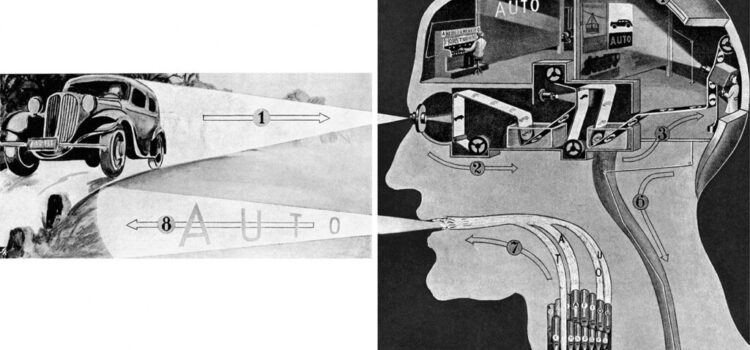
Another excerpt from the Delft Design Guide. Only the synectics spread is mandatory material, but also take a look at the other spreads in the enriching section.
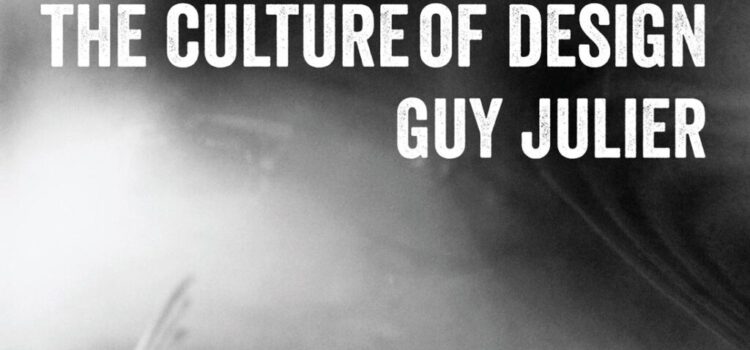
Excerpt from Guy Julier’s book Culture of Design. Please read until “Designers as ‘Cultural Intermediaries'” (so pages 46-53). If you want to read further, feel free to read the rest of the chapter as enriching material.

A chapter of the Routledge International Handbook of Participatory Design on the Heritage (aka history) of participatory design.